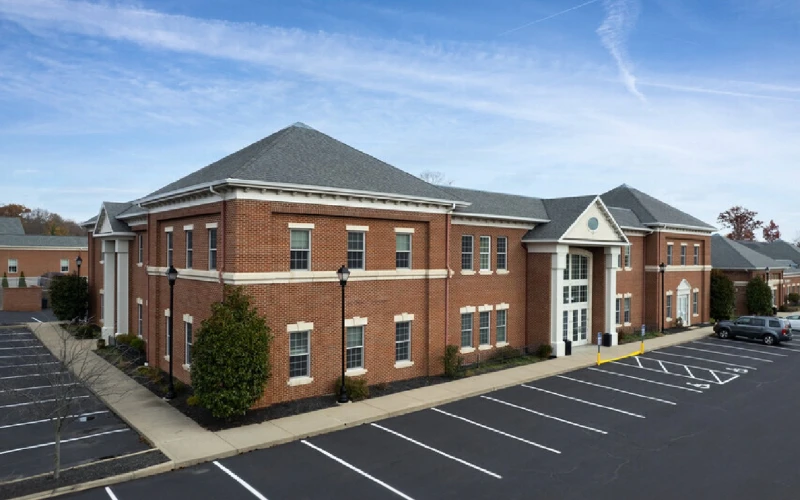Legacy Healing Center in Cherry Hill provides a comprehensive range of detoxification treatments for opioids, alcohol, amphetamines, benzodiazepines, cocaine, crystal meth, ecstasy, and prescription medications. In addition to detox services, this facility offers a continuum of care that includes inpatient treatment, an Intensive Outpatient Program (IOP), an Outpatient Program (OP), and a Partial Hospitalization Program (PHP). They also have a robust aftercare program to support long-term recovery.
The center employs various therapeutic modalities such as BrainPaint, Vibroacoustic Therapy, and Hypnotherapy, along with art therapy, medication management, and nutrition counseling. Legacy Healing Center is committed to holistic healing, addressing both the physical and emotional aspects of recovery.
Legacy Healing Center accepts major insurance providers, including Humana and Aetna, making their services accessible to a broader range of clients. The facility is accredited by The Joint Commission, ensuring the highest standards of care and patient safety.



























